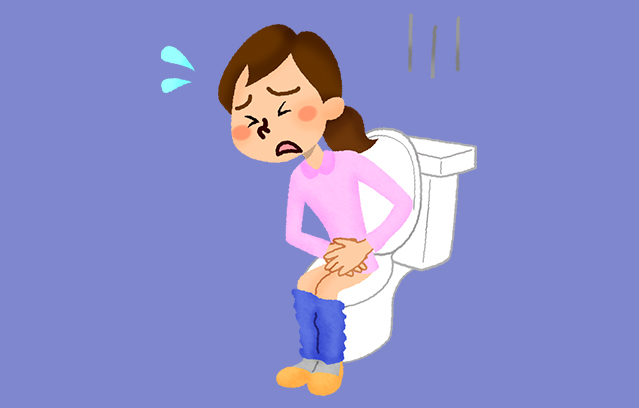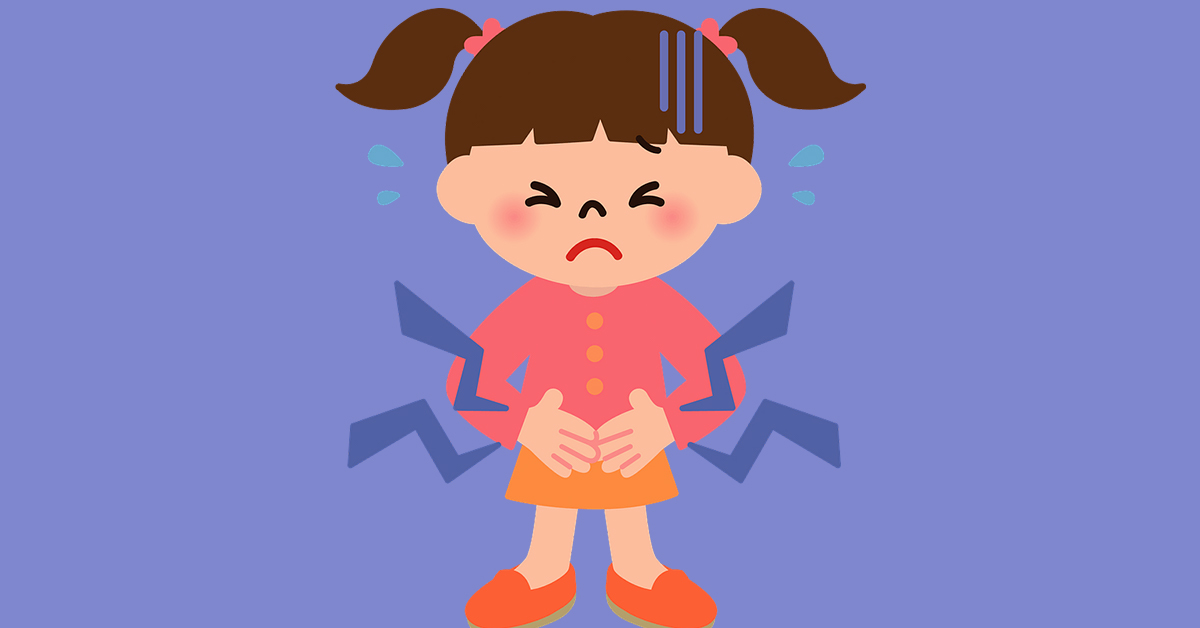
If the bowel movement is very frequent, watery and loose, that condition is called diarrhea. Fortunately, diarrhea will only be present for a few days and will subside by itself. If at all it persists for more than a week and is accompanied by other symptoms like vomiting and dizziness a visit to the doctor is needed. Diarrhea can result in fluid loss and electrolyte imbalance. This can be a serious condition in children, elderly people and who undergo certain treatment. Diarrhea is also known as stomach flu or intestinal flu.
Causes for diarrhea
There are many causes for diarrhea. They might vary from each person. But most common causes are as given.
- Viral infection
Viruses like enteric adenoviruses, viral gastroenteritis, astrovirus, cytomegalovirus, viral hepatitis, norovirus cause diarrhea frequently. Acute diarrhea in kids is caused by rotavirus. These can also cause other complications like vomiting and nausea.
- Side effects of medication
Over usage of some drugs can cause diarrhea. Antibiotics which are used to kill unwanted and harmful bacteria can also kill good bacteria too which causes imbalance in intestinal bacteria. That can result in diarrhea too.
- Bacterial infection
Bacteria like E.Coli, Clostridium difficile (C.diff) and Salmonella are pathogens which cause diarrhea. C.diff is the result of prolonged use of antibiotics or long time hospitalization. Contaminated food and water may have parasites which cause diarrhea.
- Intolerance towards lactose and fructose
Milk and other dairy products will contain a sugar called lactose. Some people cannot digest lactose. This is known as lactose intolerance. If people with lactose intolerance take milk or dairy products they get diarrhea. Just like lactose intolerance, some people cannot digest fructose. Some fruits and honey consist of fructose. If these are taken by those who are intolerant towards fructose can get diarrhea.
- Other causes
Celiac disease can also cause diarrhea. It is a condition where people are intolerant to gluten. Artificial sweeteners like mannitol, sorbitol and erythritol can cause diarrhea. These are mostly used in sugar free products and chewing gums. Some surgeries to parts of the digestive system and radiation can also cause diarrhea. Hyperthyroidism and malabsorption can cause diarrhea.
Symptoms and types of diarrhea
The most common symptom of diarrhea is loose and watery stools. The other symptoms are as given.
- Nausea
- Stomach ache
- Vomitings
- Fever
- Bloating in stomach
The above are common symptoms. Consult a general physician or family doctor or a gastroenterologist if the condition sustains for more than a week. Or if the stool color changes and the stool is greasy. If blood or pus appears in stools. If not possible to visit, take an online consultation.
TYPES OF DIARRHEA
There are mainly four types of diarrhea. They are as given.
- Acute diarrhea
This is quite common. Mostly loose watery stools are observed. This condition generally subsides after a few days.
- Persistent diarrhea
This condition needs medical help. This might last for two to three weeks.
- Chronic diarrhea
In this condition the symptoms will come again and again. Also this may last for more than four weeks. The main causes for diarrhea are irritable bowel syndrome (IBS) and inflammatory bowel diseases (IBD).
- Travelers diarrhea
This is commonly seen in people traveling in developing countries. This occurs due to contaminated food and water. Generally travelers’ diarrhea subsides on its own in three to four days.
Diagnosis and treatment of diarrhea
Depending upon the condition of the patient the general physician or gastroenterologist might ask for the previous medical history. Later the common tests prescribed are as follows.
- Stool test.
This test is done to examine the presence of bacteria or virus or parasites in the stool. So that the medication is given as per the infection.
- Blood test
This is done to estimate the electrolytes level. Complete blood count (CBC) test is done to check the electrolytes. Also tests are done to check the functioning of kidneys.
- Hydrogen breath test.
This is done to diagnose the intake of food. If there is lactose intolerance, and the patient has such food, the hydrogen levels will show up. More hydrogen in exhalation shows the patient is intolerant to lactose and took such food.
- Colonoscopy
A doctor inserts a thin lighted tube into rectum to view the colon completely. If at all needed a small sample of tissue is also collected for biopsy purposes. In some cases sigmoidoscopy is done where only the lower part of the colon is viewed.
TREATMENT
In diarrhea the main problem is loss of fluids. So they are to be restored. Water can replace the lost fluid. But it does not contain any salts, electrolytes or minerals. Oral rehydration solutions will come to rescue. Along with this fresh fruit juices can restore electrolytes balance. Do not take aerated drinks or drinks with caffeine. Those might worsen the condition. If at all the condition is critical and the body is not permitting any intake, then IV fluids are suggested by the general physician or gastroenterologist.
In the diagnosis tests if the family doctor observes any viral, bacterial or parasitic infection, then the concerned medication is prescribed. Antibiotics can treat bacterial or parasitic infection but not viral infection.
Some more effective remedies are also suggested by a general physician.
- Have more water and other fluids. Avoid alcohol. Eat home cooked fresh food rather than outside or packed food.
- Take semisolid foods like broth, soup. Have rice and a low fiber diet.
- Avoid oily foods, deep fried foods, fiber rich foods and dairy products.
- Have a bath with warm water. After completing stool or passing urine wash with water and dry by patting slowly with a smooth cloth or a tissue.
- If itching or irritation is there in the anus region use petroleum jelly. If it continues, take suggestions from a general physician or family doctor.
- Take the suggestion of a general physician to use probiotics. As the intestinal bacteria might have lost. In probiotics there are many strains. A general physician can suggest as per the condition of the patient. If you have any doubts get an online consultation with a general physician or a gastroenterologist.
Preventive measures
It is always better to prevent any illness by all means than to treat. So here are some preventive measures which can help to stay away from diarrhea.
- Wash hands frequently. Patient and the caretaker need to do this. Before cooking food and feeding the child, wash hands properly. After using the washroom, hand washing is compulsory. This might seem to be so simple but it can help a lot. If the water facility is not there, use sanitizer.
- Wash the vegetables and fruits before cooking or eating. If frequent bowel movement is there, kids and infants change their clothes soon after stool or passing urine. Do not think that it has nothing to do with diarrhea. Bacteria can be anywhere.
- At home make sure that the washroom is always well maintained. It must be clean and tidy.
- Use filtered and clean water. If needed use boiled and cooled water. As most of the time diarrhea spreads through water.
- Always be cautious of the food you eat. If you have any intolerance, you have to skip those foods by all means.
- For kids and infants make sure to cut their nails regularly. The small dust particles can cause many diseases.
- For rotavirus, which causes diarrhea in children there is a vaccine. Consult a general physician or family doctor to administer the vaccine.
It is very important to be careful in monsoon season as diarrhea is prevalent at that point. Always consult a general physician or family doctor or a gastroenterologist if the condition is critical. Take medicine only by doctor’s advice.
